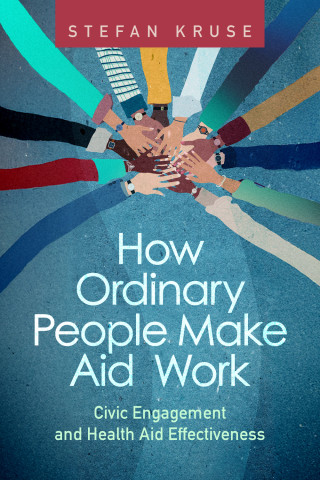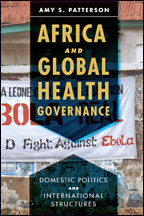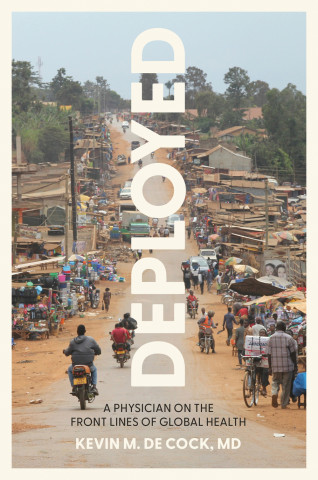
Reviews
At last, a book that prioritizes understanding how and when—over determining whether—foreign aid 'works.' Kruse compellingly explains how efforts to take context seriously, and to forge mutually respectful relations between givers and receivers, enable beneficence to flow in both directions. This is, and has always been, humanity's best hope for making the world a better place.
Breaking new ground, this book brings together an extraordinary amount of data to demonstrate the difference that the actions of ordinary citizens make to the effectiveness of health aid in particular, as well as to democracy and development more broadly. It will quickly become a classic in the field of participation and citizen action.
How Ordinary People Make Aid Work is a timely and rigorously researched contribution to debates on effective development assistance. With global scope and strong empirical grounding, it convincingly demonstrates how civic engagement enhances the impact of health aid. Methodologically sophisticated yet accessibly written, the book offers valuable insights for both scholars and practitioners.
Aid agencies often try to involve aid recipients in aid projects, but the donors seldom move beyond buzzwords and token efforts. This remarkable study shows what matters instead for effective aid is the citizens' own effort to hold the government and aid providers accountable. This path-breaking book will open your eyes to the role of ordinary people striving for their own development.
Book Details
1. Participation in Health Development
1a. Citizen Participation and Development
1b. Plan of the Book
2. Participation, Accountability, and Aid Effectiveness
2a. Accountability in Development Projects
2b
1. Participation in Health Development
1a. Citizen Participation and Development
1b. Plan of the Book
2. Participation, Accountability, and Aid Effectiveness
2a. Accountability in Development Projects
2b. The Effectiveness of Foreign Aid
2c. Citizen-led Accountability Action and Service Provision
2d. Social Capital and Public Service Performance
2e. Theoretical Framework
3. Analyzing Conditions of Aid Effectiveness
3a. Measuring Civic Engagement—The Cultural Context
3b. Measuring Political Context
3c. Monitoring Health Aid and Population Health
3d. Methodological Challenges and Solutions
3e. Empirical Approach
4. Mapping Differences in Civic Engagement among Aid Recipient Countries
4a. Social and Political Engagement in Recipient Countries
4b. Correlates of Social and Political Engagement
4c. The Coevolution of Health Aid, Civic Engagement, and Infant Mortality
4d. Case Study Evidence
5. The Moderating Role of Civic Engagement
5a. Population Health and Aid Effectiveness: Cross-National Evidence
5b. Individual Well-Being and Aid Effectiveness: A Multilevel Perspective
6. Civic Engagement in Varying Political Contexts
6a. The Role of Bureaucratic Governance
6b. The Role of Liberal Democracy
6c. The Role of Decentralization
7. Why Civic Engagement Matters
References
Appendix
List of Appendix Figures
List of Appendix Tables




